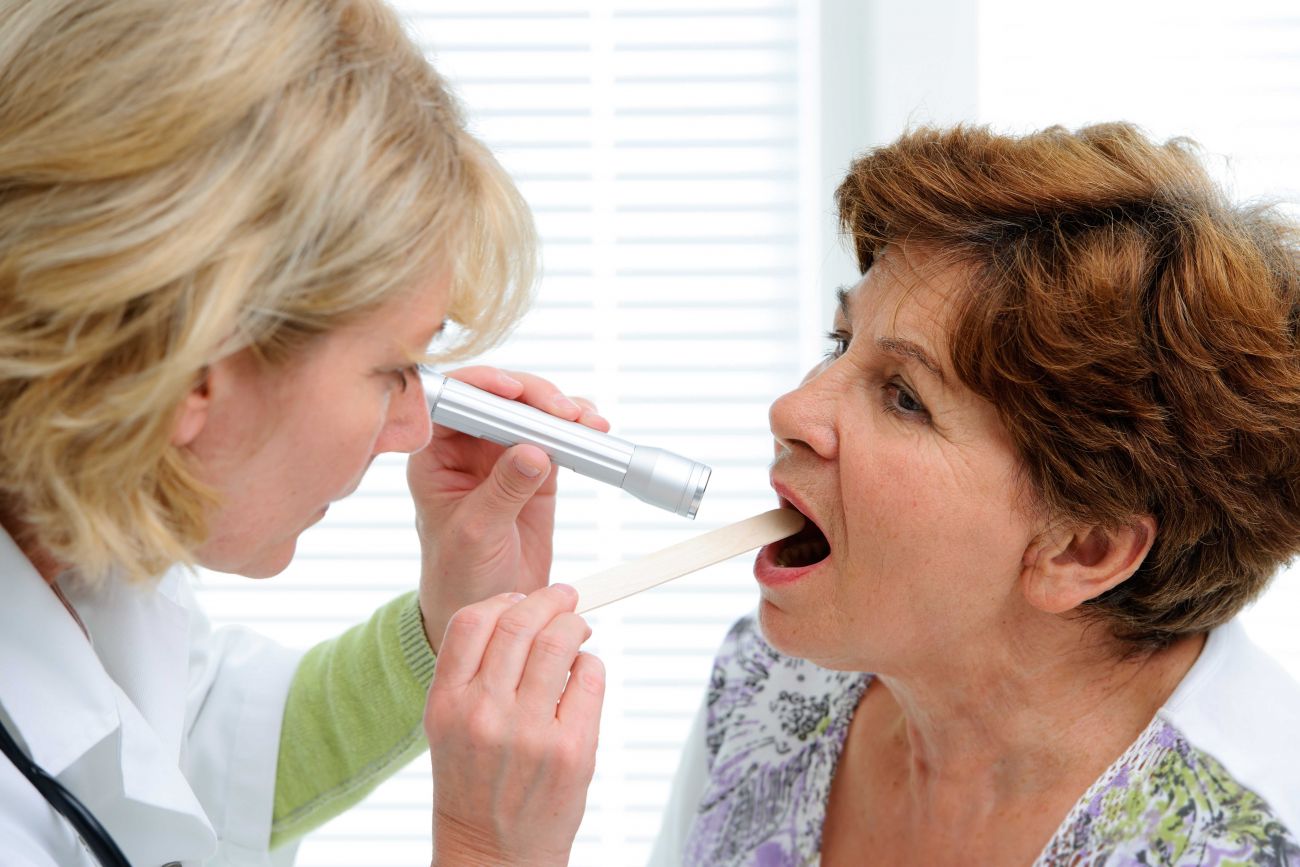The mouth (oral cavity) is one of the most easily accessible regions in our body. Yet sadly, oral and head and neck cancers referred to as squamous cell carcinomas are often detected in the advanced stages.
This cancer can appear almost anywhere in the head and neck area, particularly in the mouth, on the tongue, on the lips or near the upper part of the throat. The Head & Neck / Plastic & Reconstructive Surgery Center at Roswell Park sees at least one new case of squamous cell carcinoma each day, but the first line of defense begins with you.
Do not ignore persistent, unexplained pain and/or bleeding in your mouth. You should also pay attention to non-healing sores, lumps, throat pain, difficulty swallowing and sudden loss of weight. If you notice these symptoms, do not panic. Make an appointment with your primary care physician or dentist.
In the United States, smokers are at greatest risk for developing squamous cell carcinoma. While we usually think of lung cancer when it comes to smoking and cancer risk, it’s very important for primary care physicians and their patients to be aware that smoking also carries an increased risk for cancers of the mouth and throat. If you smoke or chew tobacco, quit.
As with almost any cancer diagnosis, the key to beating squamous cell carcinoma is catching it early, because cases diagnosed in the early stages are associated with very good survival rates. However, those detected in the later stages are associated with considerably worse survival rates. If caught and removed early enough — while it’s still confined to one area — the cancer does not come back.
Squamous cell carcinoma can be treated surgically or non-surgically. Surgical treatments are becoming more sophisticated and less invasive. Non-surgical treatments involve either radiation or a combination of radiation and chemotherapy.
Patients with head and neck cancers receive the latest treatments in the Head & Neck / Plastic & Reconstructive Surgery Center at Roswell Park, while the Dental & Maxillofacial Prosthetics Center provides specialized dental care for our cancer patients and dental prostheses for those who need them.
Never miss another Cancer Talk blog!
Sign up to receive our monthly Cancer Talk e-newsletter.
Sign up!
